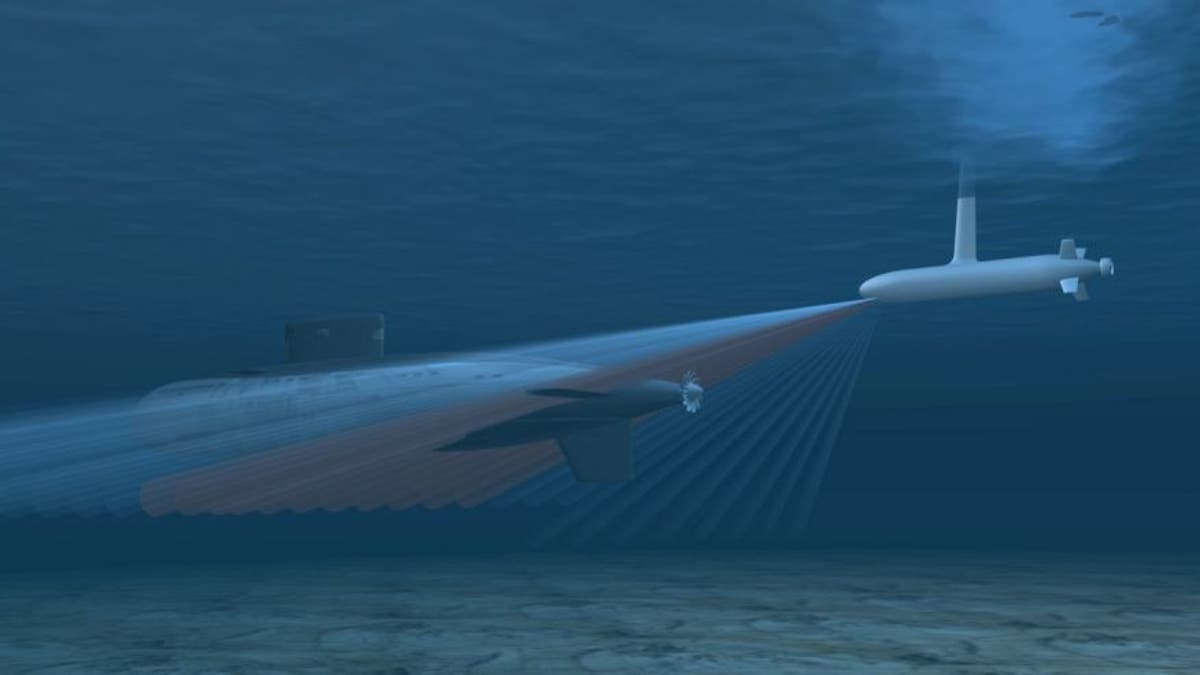
(DARPA)
The U.S. Navy has called on the help of students in its quest to develop “RoboBoats,” - naval vessels that can operate without a crew of sailors.
The goal of these crewless ships is to keep military personnel out of harm’s way and enable vessels to operate for longer in harsh environments. Potential uses of robotic boats include approaching hostile vessels, minesweeping and submarine detection.
The military, however, wants to tap the best brains to support this effort. Students from around the world recently took part in a major competition in Virginia Beach, Virginia to help the Navy develop unmanned naval vessels.
Sponsored by The Office of Naval Research and the Association for Unmanned Vehicle Systems International (AUVSI) Foundation, the International RoboBoat competition has been running since 2007.
This year university teams from across the U.S. competed against their overseas counterparts for almost $20,000 in prize money. A total of thirteen teams took part in the competition, with teams even travelling from as far afield as Indonesia and Taiwan.
Each team designed and built a robot boat capable of sailing itself through an aquatic obstacle course. Engineering skills were tested through a series of challenges in marked navigation channels.
The RoboBoat competition has two sections - design and performance. In the first part, teams needed to demonstrate an innovative system concept, rigorous engineering, and construction of a vehicle that can perform the mission. Before taking on the water course, competitors also had to make a website and present a paper on their design to a judging panel of drone experts.
In the second part of the competition, the RoboBoats had to accomplish a variety of tasks on the water. This included avoiding obstacles, docking, navigating through speed gates, positioning via acoustic beacon and identifying underwater light.
For extra points, teams could perform an automated return to dock.
Embry-Riddle Aeronautical University clinched first place and $6,000 prize money, followed by University of Florida, the Robotics Club at the University of Central Florida in third and Georgia Institute of Technology, who won $5,000, $3,000 and $2,500, respectively.
The cash prizes go to the schools’ robotics programs.
It’s not just the military, however, that stands to benefit from this type of event. In addition to showing off their engineering skills, students can also meet potential employers in the defense technology space.
Unmanned look set to play a big role in the U.S. Navy’s future. For example, Chief of Naval Operations Admiral Jonathan Greenert recently predicted that Naval unmanned systems will achieve greater autonomy over the coming years.
Set against this backdrop, the military recently began construction of an anti-submarine drone. Commissioned by the Defense Advanced Research Projects Agency (DARPA), the ACTUV (Autonomous Continuous Trail Unmanned Vessel) is being built by defense contractor Leidos.
The RoboBoats that duked it out in Virginia Beach can be checked out online at www.roboboat.org.
